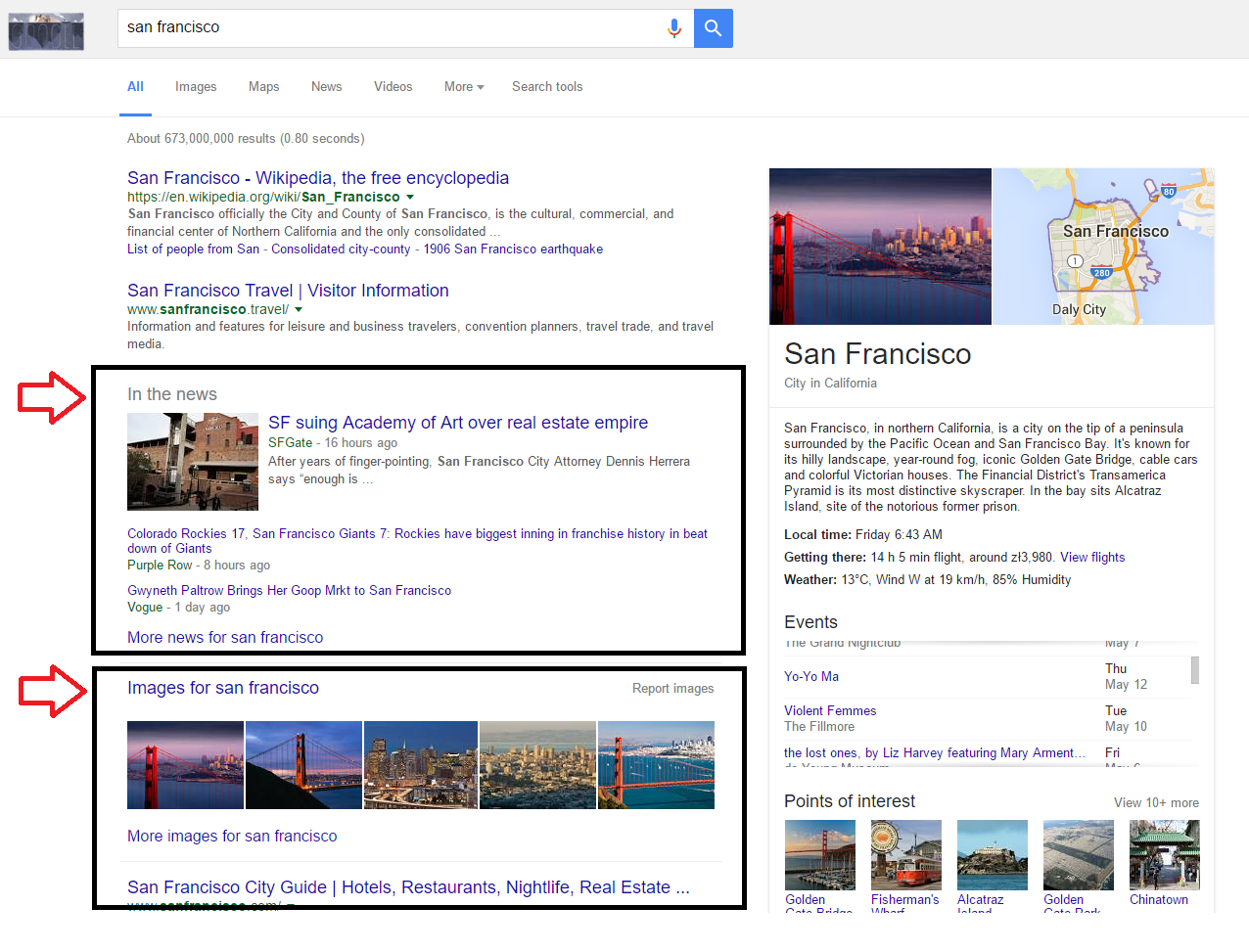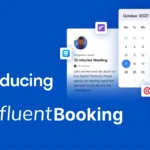Vertical search vs horizontal search – why such opposition? What is the main difference between vertical search engines and horizontal ones? The most important thing is to know how to prepare a website according to those special requirements. We all want our sites to be found easier, faster and before others. Let's find out how to cover success for a website in search engines.
Horizontal Search
Horizontal search engines go through whole web in search of general information covering wide range of subject. That's why they are called ‘horizontal'. They are focused on wide range of topics. They can index large portions of the Internet using a web crawler. As a result they gather matching answers for as many as possible queries. The procedure ends up with a well-known view of a web listings.

Vertical Search
Vertical search engines are called also specialty or topical, cause they're devoted to a media type, topicality or genre of content. It means that they search only through a specific part of the Internet, a vertical slice of it. This type of search engines use a focused crawlers which try to index only web pages related to special topic. Google also run vertical search engines, which are focus on a specific segment of online content, like images, news, local or video. If you have content which belongs to those areas, your page might be more likely to appear in special sections (which Google calls “OneBoxes”) of the searching result page, next to the web listings. You can see an example of it below:

What May Be a Good Source of a Content for Google's Vertical Search Engines?
- Maps
- Local
- Images
- News
- Videos
- Shopping
Vertical Search vs Horizontal Search – Which Way We Ought to Chose?
The answer is simple: both. In order to achieve high positions in Google page ranking you have to cover it all. If your page doesn't appear on top of a web listing, having content in Google's vertical key area might help you. Moreover, we have to put more attention on creating video content. Nowadays we can observe a growing tendency that more and more people prefer to watch something than to read. Recipients tend to focus easier when watching. Of course Google already knows it and reacts according to preferences. This alone should convince us to support message with some video content.
What are your thoughts on this subject? Do you pay attention to video content on your websites?





Add your first comment to this post